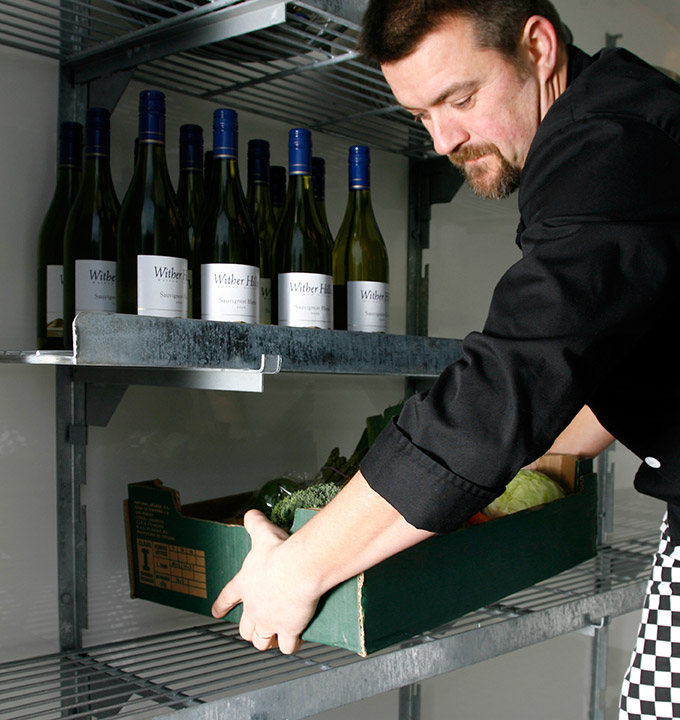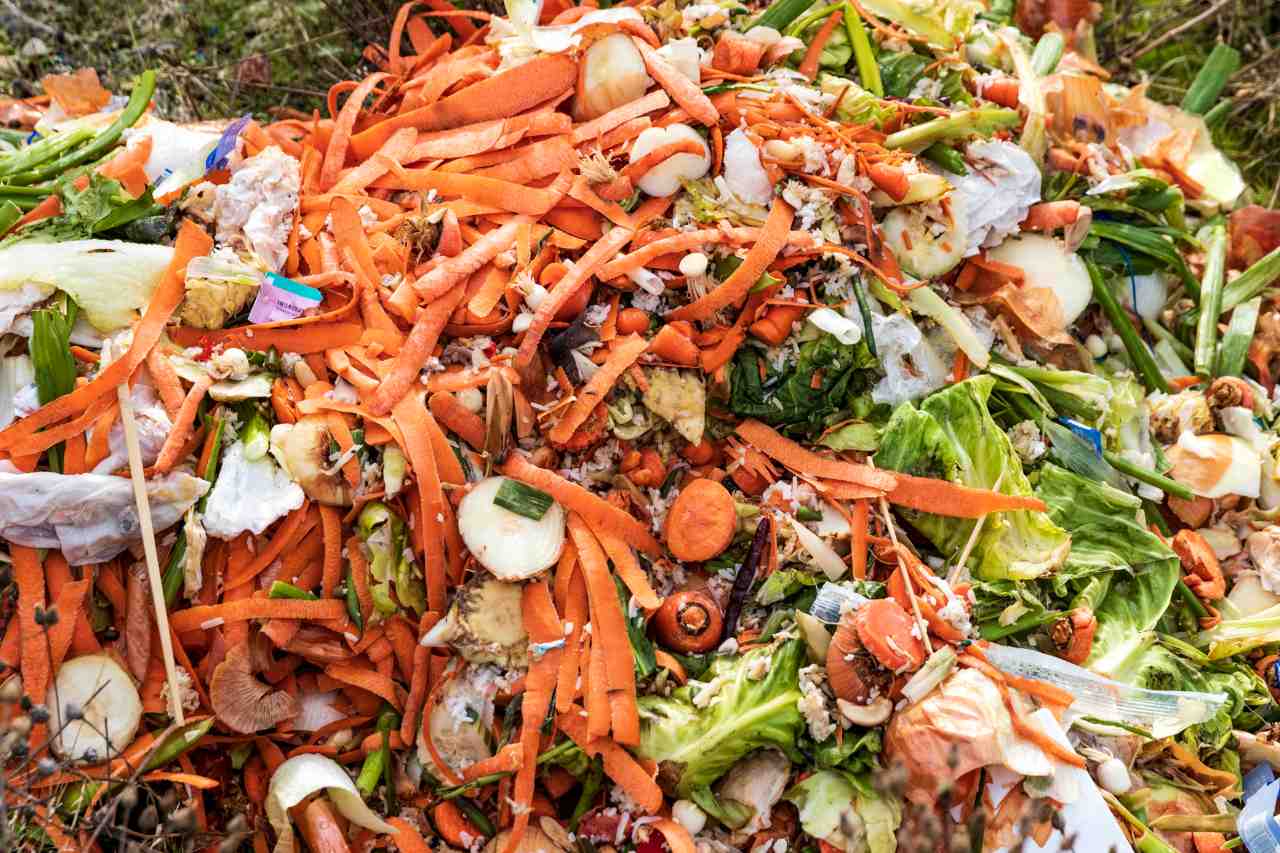How Emergency Refrigeration Helps Reduce Food Waste

Food waste is a global issue with significant economic, environmental, and social implications. From farms to supermarkets, an estimated 1.3 billion tonnes of food is wasted annually worldwide, much of it due to improper storage or refrigeration failures. Emergency refrigeration systems offer an effective solution for reducing food waste, ensuring perishable goods remain fresh even during unexpected disruptions.
Let’s take a closer look at how emergency refrigeration plays a key role in preserving food quality and supporting businesses in their efforts to combat waste.
What Is Food Waste?
Food waste refers to edible items that are discarded, lost, or left to spoil throughout the supply chain, from production and distribution to retail and consumption.
Causes of Food Waste
The most common reasons for food waste include:
- Storage issues due to inadequate refrigeration.
- Overproduction in manufacturing or catering.
- Transport delays leading to spoilage.
- Consumer habits, such as discarding food past its “best before” date.
Addressing these issues requires solutions that target every stage of the food supply chain, with refrigeration playing a pivotal role.
Impact of Food Waste
The consequences of food waste extend beyond financial losses.
- Economic Impact: Wasted food costs the UK economy billions annually, with significant losses for businesses.
- Environmental Damage: Decomposing food contributes to greenhouse gas emissions, particularly methane, which accelerates climate change.
- Social Cost: Food waste highlights inefficiencies in a world where millions face food insecurity.
Reducing food waste isn’t just an ethical responsibility—it’s an opportunity to create a more sustainable and efficient food system.
Emergency Refrigeration Explained
What Is Emergency Refrigeration?
Emergency refrigeration refers to temporary cold storage solutions, such as fridge or freezer trailers, deployed during unexpected disruptions. These systems are designed to provide immediate, reliable cooling to prevent food spoilage in emergencies such as equipment breakdowns, power outages, or supply chain delays.
Key Features of Emergency Refrigeration Systems
- Mobility: Trailers can be delivered and set up wherever they’re needed.
- Flexibility: Suitable for a wide range of perishable items, from fresh produce to pharmaceuticals.
- Efficiency: Advanced cooling technology ensures consistent temperature control.
As for emergency refrigeration, we at Icecool Trailers are an emergency refrigeration specialist. Another one of our clients in Bristol recently needed an emergency walk-in freezer after his business-owned unit went down. We had our freezer delivered and set up in less than two hours. Our client was able to keep his business operating through the weekend until the necessary repairs were completed on his built-in unit - that’s the power of a reliable and trustworthy partner like us.
The Role of Refrigeration in Food Preservation
Refrigeration is a cornerstone of food preservation. By maintaining products at optimal temperatures, refrigeration slows microbial growth and enzymatic activity, significantly extending the shelf life of perishable items.
For businesses handling temperature-sensitive goods, consistent refrigeration is essential for:
- Preventing spoilage: Ensuring food remains safe and fresh for consumption.
- Maintaining quality: Preserving taste, texture, and nutritional value.
- Reducing losses: Minimising waste due to improper storage conditions.
How Emergency Refrigeration Reduces Food Waste

Emergency refrigeration provides an immediate solution to potential waste scenarios, helping businesses and consumers alike manage perishable goods more effectively.
Quick Response to Refrigeration Failures
When a primary refrigeration system breaks down, every minute counts. Emergency refrigeration trailers can be rapidly deployed to prevent spoilage, ensuring food stays fresh until repairs are made or a permanent solution is in place.
Maintaining Optimal Food Quality
Even brief temperature fluctuations can compromise the quality and safety of perishable goods. Emergency refrigeration systems maintain stable temperatures, preserving food integrity and preventing waste caused by spoilage or contamination.
Supporting Food Businesses
From catering companies to supermarkets, emergency refrigeration helps businesses navigate unforeseen challenges. By providing reliable backup storage, these systems ensure businesses can continue operations without disruption, meeting customer needs and avoiding financial losses.
To explore which items are best suited for cold storage, learn about the types of food you can store inside a cold storage over on our blog.
Best Practices for Emergency Refrigeration
To maximise the benefits of emergency refrigeration, businesses should implement best practices that ensure their systems are ready when needed.
Regular Maintenance and Testing
Preventative maintenance is essential to avoid refrigeration failures. Schedule routine inspections of your primary and backup systems, testing for performance and reliability.
Staff Training
Ensure your team understands how to operate emergency refrigeration systems effectively. Training should cover setup, monitoring, and troubleshooting to minimise downtime during a crisis.
Creating an Emergency Plan
A well-defined emergency refrigeration plan is critical for handling disruptions. Identify key contacts, establish response procedures, and document the plan for quick reference during emergencies.
Final Thoughts
Food waste is a pressing issue that requires innovative and practical solutions. Emergency refrigeration plays a vital role in reducing waste by providing immediate, reliable storage for perishable goods when traditional systems fail.
By investing in emergency refrigeration systems and following best practices, businesses can protect their inventory, reduce losses, and support sustainability goals. Whether you’re managing a catering event or running a retail operation, consider freezer trailer rental in the UK as a dependable backup solution.
In a world where every bit of food saved matters, emergency refrigeration offers a powerful tool to fight waste and promote efficiency. Don’t wait for a crisis—be prepared and make sustainability a priority in your operations today.
Got questions? Call 01635 250 950 or send us a message